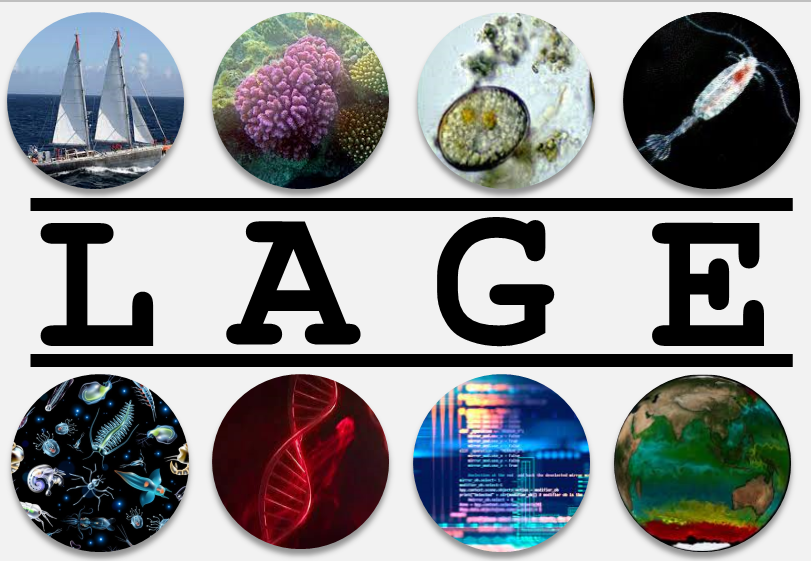
My work focuses on eukaryotic plankton at a global scale with a holistic approach –from community to gene. I aim to provide new genomic insight into the evolutionary mechanisms responsible for the current biogeographic patterns of plankton community, in order to refine our ability to predict their modification under climate change. I would like to continue in the French academic research community, combining my work with teaching activities.
Thesis project : Modeling and climate-genomic analyses of plankton population dynamics in the global ocean: from communities to genes, impacts of ocean currents and climate.
Understanding the mechanisms regulating the composition of plankton, from the functional, genomic and phylogenetic point of view, is a scientific challenge whose importance has been accentuated by the context of climate change. Recent works, including some from the host laboratory, propose that a biogeographic structuring of plankton communities is detectable with large-scale genomic data and would result in part from the properties of the seascape, in particular from some close links between environmental physico-chemical processes (temperature, nutrient inputs) and the transport by currents, but also the properties of the evolution of genomes. Moreover, this structuring also seems to be governed by climatic conditions. This PhD aims to better understand and model these bio-physico-chemical relationships; it will therefore combine notions of molecular evolution, oceanography and climate sciences. For the past 10 years, collections from Tara Oceans expeditions have provided genomic plankton and physico-chemical datasets from hundreds of sites in all oceans, making it possible to test theories that are still being debated. Currently, the Microbiome – AtlantEco mission is collecting new samples that can be used in this PhD (https://www.atlanteco.eu/ https://oceans.taraexpeditions.org/m/science/les-actualites/mission-microbiomes-la-nouvelle-expedition-de-tara/ ) . The first objective of this PhD will be to determine dependency properties of environmental genomes on environmental properties that can be quantified by omics analytical tools. To do so, the student will first have to compare, in a Lagrangian context of transport by currents and environmental variations (temperature, nutrients…), the biological variations observed at different levels: taxonomic composition of communities, gene repertoire, transcription, and especially micro-evolution events including gene polymorphism studies (SNPs). Based on these results, the student will develop spatial distribution and ecology models that associate genome evolution, transcriptional and compositional changes with the physico-chemical properties of the seascape. This work will have to refine the studies on the impact of climate change on the omic properties of plankton.
Thesis director : Olivier jaillon
